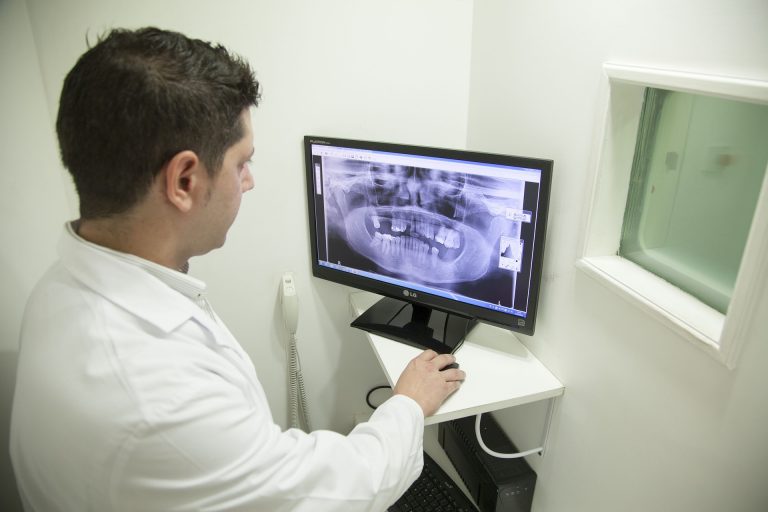We all visit a dentist for a regular checkup and common routine dental procedures like fillings. But what if we want to treat an advanced disease? For treatments like implants or advanced gum diseases, you need to consult a specialist. This specialist is a periodontist.
Thinking what periodontists do? Are you wondering why you should visit them?
In this post, we have highlighted everything there is to know about a periodontist.
What is a Periodontist?
In simple words, a periodontist is a dental officer who has specialized in preventing diseases and treating gum disease. What is the difference between a dentist and a periodontist, you may ask? Well, a periodontist must get 3 years of education after the standard dental school. During these years, they will focus on becoming experts in restorative and cosmetic procedures.
Moreover, a periodontist is capable of offering a wide range of treatments like root planing or scaling.
Now that you know what a periodontist is, let’s take a look at the reasons why you should see one.
When You Should Visit a Periodontist?
Many people suffer from gum diseases of some sort. Does it mean you will need to visit a periodontist? Not exactly. There are some instances where a dentist can treat a disease, especially if it is early stages.
You should see a periodontist only if you are suffering from advanced gum disease. If you are not sure about the seriousness of the disease, you can pay attention to some signs. These will help you decide whether or not you should visit a periodontist.
Red, Bleeding, or Swollen Gums
If you have red or swollen gums, then it is a clear sign that you need to see a periodontist. If you brush or floss, and your gums bleed, it is a sign of a fundamental problem. It means you should consult a specialist.
We recommend visiting a periodontist when the issue is a minor one. You can avoid painful and complex procedures.
Gums Are Receding
Over time, our gums recede, but it should not be too obvious. If you look at your teeth and feel they appear longer, it can be a sign of receding gum. There are plenty of diseases that can cause receding gums.
In case you experience it, it is best to visit a periodontist.
Teeth Are Loose
So, you checked your teeth and your teeth might feel loose. For those who don’t know, loose teeth are a sign of an infection and a thinning bone. Such an infection is called periodontitis. This is a serious problem and it is suggested to consult a periodontist as soon as possible.
Change In Your Bite
One of the signs that tell you that you need to see a periodontist is when you feel a little different when you brush, talk, or chew. Biting patterns can indicate certain problems that might lead to long-term problems.
When you visit a periodontist, they can identify the cause of such changes. Not only this, but they will also suggest corrective treatments.
Experiencing Pain and Discomfort
Mostly, oral pain is caused by a certain tooth. In case you are experiencing any kind of discomfort or pain, it is an alarming situation. This means you should see a periodontist. The specialist will be able to help by doing a complete examination of your teeth. In this way, they can detect the root cause of the problem.
Tips for Choosing a Periodontist
There are many periodontists, however, it is not necessary they are located near your area. So, selecting a periodontist can be a challenging and frustrating task. To help make this decision easy, here are some useful tips.
- You have to focus on their credentials and education.
- Ask whether they accept the insurance plan or not.
- Experience and how long have they been practicing.
- Location and timings.
- What emergency care options do they offer?
- How do they manage pain?
- What anesthesia options are available.
- Insurance plans accepted
- Do they have aggressive or conservative treatment options?
A Final Word
Hence, a dentist is capable of diagnosing and treating a plethora of oral diseases. Whereas, a periodontist is qualified and experienced to treat, diagnose, and prevent periodontal diseases. The periodontist has specialization in restorative and cosmetic procedures. This is why they are more qualified to place implants. The dentist often sends a patient with serious gum disease to a periodontist since they are more proficient.
If you have any queries, please feel free to contact us.



0 Comments